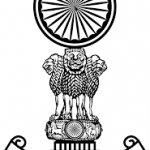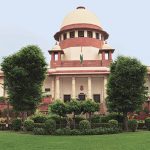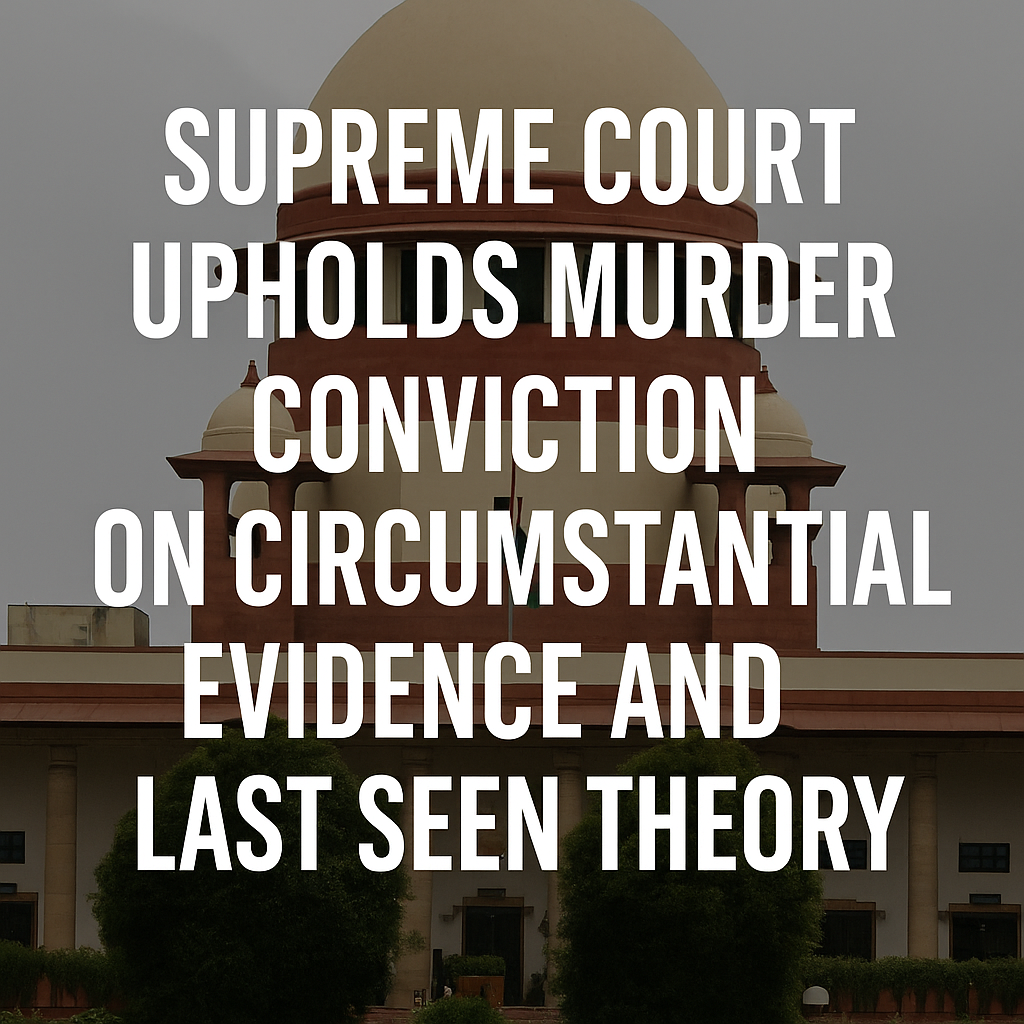Insurance
Insurance is one of the key sectors, which will capture the main place in the business arena in India. Insurance itself has got so many branches or fields. The business in Insurance is very minimal in India and it is a fast growing business in India. With such high population, Insurance will be an attractive business in India. Once the word insurance has been coined, then the next side is claim. As far as the insurance claims are concerned, the officials attached to such claim department have been trained in such a way to find tactics to avoid claim instead of granting claim. So, the claim and processing in an important task. For getting claim under Insurance, now-a-days, legal assistance is very much required even at the root level. All the Insurance Companies invariably concentrate in extending their business and never cared about the claim process. So, most of the peopled frustrated with respect to insurance claims. Law has been developed very much in the field of Insurance. One needs to know the Laws relating to Insurance.
Insurance Law Judgments
United India Insurance Co. Ltd. v. M.K.J. Corpn., (1996) 6 SCC 428
It is a fundamental principle of Insurance law that utmost good faith must be observed by the contracting parties. Good faith forbids either party from concealing (non-disclosure) what he privately knows, to draw the other into a bargain, from his ignorance of that fact and his believing the contrary. Just as the insured has a duty to disclose, “similarly, it is the duty of the insurers and their agents to disclose all material facts within their knowledge, since obligation of good faith applies to them equally with the assured.
General Assurance Society Ltd. v. Chandumull Jain, AIR 1966 SC 1644
In interpreting documents relating to a contract of insurance, the duty of the court is to interpret the words in which the contract is expressed by the parties, because it is not for the court to make a new contract, however reasonable, if the parties have not made it themselves.
Oriental Insurance Company Ltd. v. Meena Variyal, (2007) 5 SCC 428
Mere absence of or production of fake or invalid driving licence or disqualification of the driver for driving at the relevant time, are not in themselves defences available to the insurer against either the insured or the third party. The insurance company to avoid liability, must not only establish the available defence raised in the proceeding concerned but must also establish breach on the part of the owner of the vehicle for which the burden of proof would rest with the insurance company. Whether such a burden had been discharged, would depend upon the facts breach on the part of the insured concerning a policy condition, the insurer would not be allowed to avoid its liability towards the insured unless the said breach of condition is so fundamental as to be found to have contributed to the cause of the accident
B.V. Nagaraju v. Oriental Insurance Co. Ltd Divisional Officer, Hassan- (1996) 4 SCC 647.
Mere factum of carrying more passengers than the permitted seating capacity in the goods carrying vehicle by the insured does not amount to a fundamental breach of the terms and conditions of the policy so as to allow the insurer to eschew its liability towards the damage caused to the vehicle
Suraj Mal Ram Niwas Oil Mills (P) Ltd. v. United India Insurance Co. Ltd. & Anr., (2010) 10 SCC 567
It is trite that in a contract of insurance, the rights and obligations are governed by the terms of the said contract. Therefore, the terms of a contract of insurance law have to be strictly construed and no exception can be made on the ground of equity. Thus, it needs little emphasis that in construing the terms of a contract of insurance important, and it is not open for the court to add, delete or substitute any words. It is also well settled that since upon issuance of an insurance policy, the insurer undertakes to indemnify the loss suffered by the insured on account of risk covered by the policy, its terms have to be strictly construed to determine the extent of liability of the insurer. Therefore, the endeavour of the court should always be to interpret the words in which the contract is expressed by the parties.
New India Assurance Co. Ltd. v. Ram Dayal [(1990) 2 SCC 680
National Insurance Co. Ltd. v. Jikubhai Nathuji Dabhi[(1997) 1 SCC 66]
In absence of any specific time mentioned in the policy, the contract would be operative from the midnight of the day by operations of the provisions of the General Clauses Act but in view of the special contract mentioned in the insurance policy, the effectiveness of the policy would start from the time and date indicated in the policy.
Oriental Insurance Co. Ltd. v. Sunita Rathi[(1998) 1 SCC 365]
In this case, the accident occurred at 2.20 p.m. and the cover note was obtained only thereafter at 2.55 p.m. The Court observed that the policy would be effective from the time and date mentioned in the policy.
New India Assurance Co. v. Bhagwati Devi [(1998) 6 SCC 534]
This Court observed that, in absence of any specific time and date, the insurance policy becomes operative from the previous midnight. But when the specific time and date is mentioned, then the insurance policy becomes effective from that point of time.
J. Kalaivani v. K. Sivashankar [(2007) 7 SCC 792 : JT (2001) 10 SC 396]
It is the obligation of the court to look into the contract of insurance to discern whether any particular time has been specified for commencement or expiry of the policy.
National Insurance Co. Ltd. v. Sobina Iakai, (2007) 7 SCC 786
A very large number of cases have come to our notice where insurance policies are taken immediately after the accidents to get compensation in a clandestine manner. In order to curb this widespread mischief of getting insurance policies after the accidents, it is absolutely imperative to clearly hold that the effectiveness of the insurance policy would start from the time and date specifically incorporated in the policy and not from an earlier point of time.
Mackinnon Mackenzie & Co. Pvt. Ltd. v. Ritta Famandes, 1969 ACJ 419 (SC).
In the said decision while dealing with section 3 of the Workmen’s Compensation Act, 1923, the Supreme Court had held as follows:
“It is well established that under this section there must be some causal connection between the death of the workman and his employment. If the workman dies as a natural result of the disease from which he was suffering or while suffering from a particular disease, he dies of that disease as a result of wear and tear of his employment, no liability would be fixed upon the employer. But if the employment is a contributory cause or has accelerated the death or if the death was due not only to the disease but the disease coupled with the employment then it could be said that the death arose out of the employment and the employer would be liable. Even if a workman dies from a pre-existing disease, if the disease is aggravated or accelerated under the circumstances which can be said to be accidental, his death results from injury by accident.
Assam Railways & Trading Co. Ltd. v. Saraswati Devi, 1958-65 ACJ 394 (Assam).
In the said case, it was held that a person having died of heart attack, but having regard to the nature of the work it could not be related to the disease though heart attack preceded the fall.
United India Insurance Co. Ltd. v. C.S Gopalakrishnan, 1989 ACJ 794 (Kerala).
It was held that the stress and strain due to the work is contributory to the death and as such is causally connected with the employment.
United India Insurance Co. Ltd. v. Yasodhara Amma, 1989 ACJ 1075 (Kerala).
In the said case, the Kerala High Court held that a person having become actually ill in the course of employment though such illness was not a serious injury to the heart, yet it could be related to since stringently driving of the vehicle from one place to another accelerated his illness and resulted into death. Thus, there was direct evidence to come to the conclusion that the stress and strain related to the employment had resulted into an accident.
Tejubai v. General Manager, Western Railway, Bombay, 1983 ACJ 661 (Gujarat).
This case concerns a driver driving the railway. While such driving, he felt pain at one station and he took rest. Then the train proceeded to another station and again he felt pain and then he was taken to hospital. However, he was discharged from the hospital but subsequently he developed pain and died at the railway quarter. In this case, it was held that it was connected with the employment.
Shakuntala Chandrakant Shreshti [(2007) 11 SCC 668
The factors to be established to prove that an accident has taken place have been culled out and stated as under in para 26: (SCC p. 677)
“26. In a case of this nature to prove that accident has taken place, factors which would have to be established, inter alia, are:
(1) stress and strain arising during the course of employment,
(2) nature of employment,
(3) injury aggravated due to stress and strain.
ESI Corpn. case [ESI Corpn. v. Francis De Costa, (1996) 6 SCC 1
The tests attracting the provisions of Section 3 of the Act. The principles are:
(1) There must be a causal connection between the injury and the accident and the accident and the work done in the course of employment.
(2) The onus is upon the applicant to show that it was the work and the resulting strain which contributed to or aggravated the injury.
(3) If the evidence brought on record establishes a greater probability which satisfies a reasonable man that the work contributed to the causing of the personal injury, it would be enough for the workman to succeed, but the same would depend upon the facts of each case.
Sundarbai v. Ordnance Factory [1976 Lab IC 1163 (MP)] Lab IC
In this Decision, the following principles are culled out.
(A) ‘Accident’ means an untoward mishap which is not expected or designed by the workman. ‘Injury’ means physiological injury.
(B) ‘Accident’ and ‘injury’ are distinct in cases where accident is an event happening externally to a man; e.g. when a workman falls from a ladder and suffers injury. But accident may be an event happening internally to a man and in such cases ‘accident’ and ‘injury’ coincide. Such cases are illustrated by bursting of an aneurism, failure of heart and the like while the workman is doing his normal work.
(C) Physiological injury suffered by a workman due mainly to the progress of a disease unconnected with employment, may amount to an injury arising out of and in the course of employment if the work which the workman was doing at the time of the occurrence of the injury contributed to its occurrence.
(D) The connection between the injury and employment may be furnished by ordinary strain of ordinary work if the strain did in fact contribute to or accelerate or hasten the injury.
(E) The burden to prove the connection of employment with the injury is on the applicant, but he is entitled to succeed if on a balance of probabilities a reasonable man might hold that the more probable conclusion is that there was a connection.”
United India Insurance Co. Ltd., v. C.S Gopalakrishnan (1989 ACJ 794)
A bus conductor had died of heart attack while sleeping in the parked bus during rest hours. Even though the employer had contended that the bus conductor died in a natural death when he was not on duty and had no obligation to sleep inside the bus, it was held that there was causal connection between the death and employment and employer liable to pay compensation for the stress and strain of the work due to long hours with limited rest interval had contributed towards the death of the employee which arose out of and during the course of the employment.
T. Shanmuga Mudaliar v. Tmt. Noorjahan and others (2003 Vol. 102 F.J.R 90)
Where the driver bringing a bus to halt at the bus stop and collapsing due to heart attack, it was held that the death had occurred during the course of the employment since the deceased would not have been at the spot where he died but for the fact he was discharging his duty as a driver.
Management Of Vanniar Estate v. Kamatchi & Commissioner For Workmen ‘s Compensation (II (1991) ACC 633)
It is held that a pre-existing heart condition which was aggravated by the strain of the work of the deceased resulting in his death would constitute accidental injury within the meaning of the Act.
Management Of Deveon Estate, Nilgiris v. Nabeesa (1991 ACJ 489)
It is held that a workman while going to field from the muster suffered from acute chest pain and died instantaneously due to pre-existing heart condition, which was aggravated by the strain of work, it was held that the death arose out of and in the course of employment.
Madras State Electricity Board v. Ambazhtingal Ithachutti Umma(1966 II LLJ 12)
The principle in heart cases seems to be that, if death or disability is due to heart attack which resulted from the exertion of the employee in the performance of the duties of his employment, compensation should be awarded.
Bhagwanji Murubhai Sodha And Others v. Hindustan Tiles And Cement Industries, Jamoagar (1977 II LLJ 95)
It deals with heart cases has laid down the following principle:
“The sudden collapse of the worker after he suffered this injury resulting in his chest pain was clearly the result of his work connected with the work he was doing. In fact, this was a clear case where the old age got coupled with the employment and, therefore, the employment was a contributory cause and the causal connection being established, the conclusion was inescapable that the accident arose out of and during the course of the employment.
Unless there were circumstances to the contrary, it would be justifiable to presume that the workman was discharging and had discharged the work that was usually assigned to him at the particular time, and it would also be natural to presume that if such work involved some strain, the disease, infirmity or old age, that was existing was likely to contribute to or accelerate the death. In such cases, the pre-existing disease, infirmity or old age is the pre-disposing factor which will supply the necessary causal link to make this a work connected injury, if death takes place while the workman is engaged in his normal work”
Management, Hindustan Aeronautics Ltd., v. M.S Bhagya, reported in 1999 (4) LLN 303
The Karnataka High Court held that the burden is cast on the claimant to establish that there must be a causal connection between the death of the workman and his employment. The Court further held that there must be evidence on record to establish that the workman died on account of the work, he was carrying on and if the death had taken in the normal course of way, automatically, it goes to show that there was no connection between his death and employment.
The Divisional Controller, North v. Sangamma, reported in 2005 ACJ 455
The Division Bench held as follows:
“Therefore, if a workman suffers from a personal injury unexpectedly or suddenly and such personal injury suffered by the workman can be attributed to the work undertaken by the workman or has some connection to the nature of duties discharged by a workman, such an injury suffered can be treated as a result of and in the course of his employment.”



